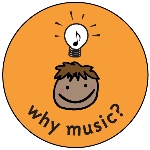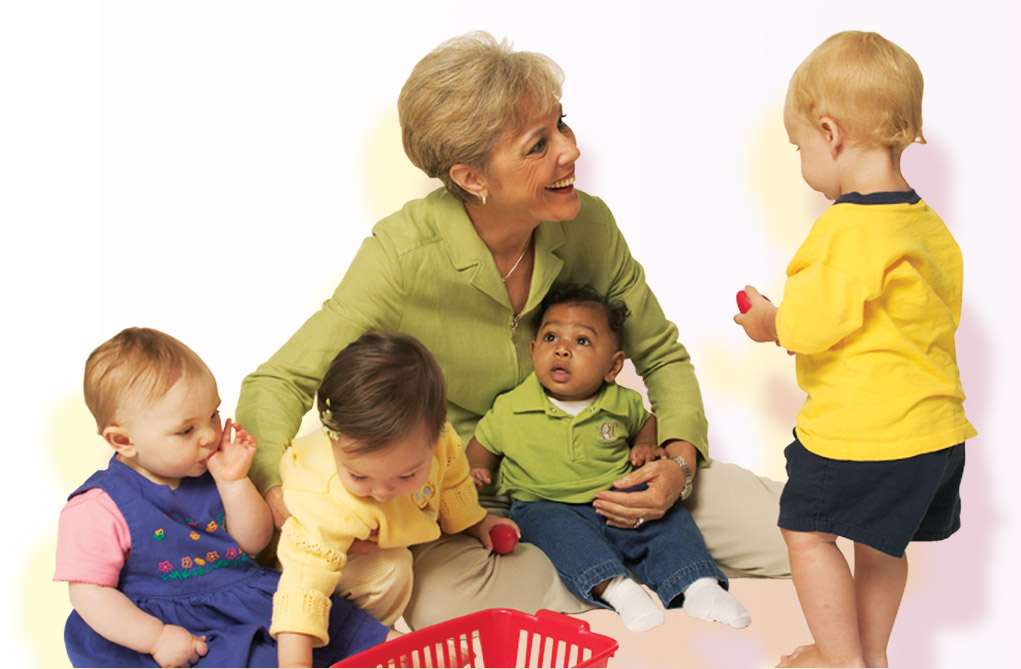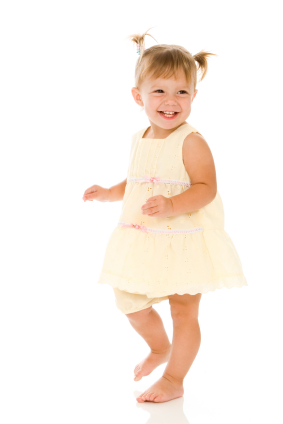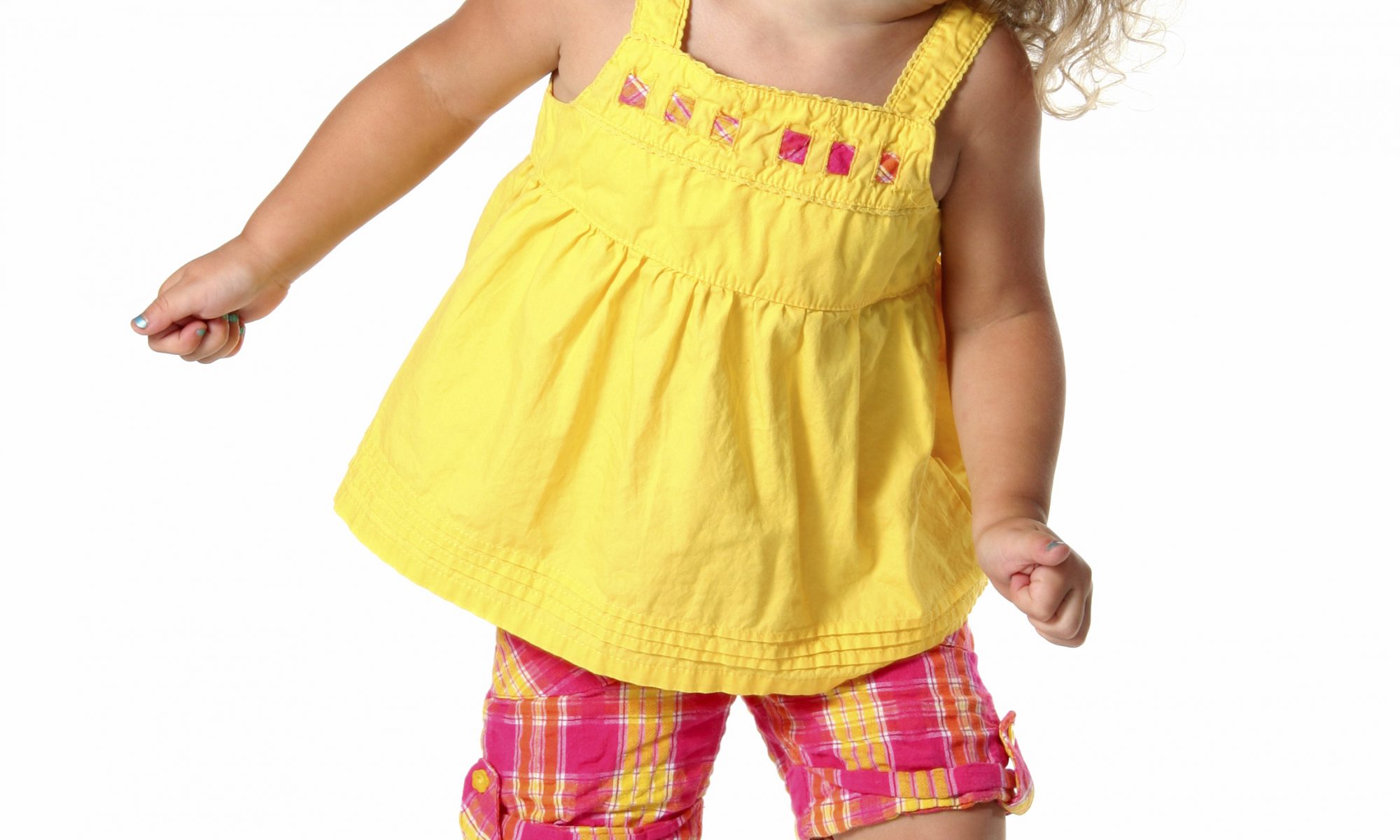Authored by Kindermusik educator Aimee Carter as originally posted on her blog, More Than A Children’s Music Class. Aimee is the director of Delightful Sounds, a Kindermusik program in Brandon, Florida.
It’s spring time, and in most households that will include some “spring cleaning”. At my house, my children have been sorting through their toys and removing the items that they have outgrown or no longer enjoy. I’m guessing that you’ve been there at some point too. I have often said that Kindermusik classes are a gift that will last a lifetime for your children. My children loved their years in my Kindermusik classroom, and I can still see its effects today.
 Recently, I read an article discussing the life-long effects of music study. In this study, 70 healthy adults age 60 to 83 were divided into groups based on their levels of musical experience. They found that the musicians had better performance scores on several cognitive tests than the adults who had never studied an instrument or learned how to read music. “Based on previous research and our study results, we believe that both the years of musical participation and the age of acquisition are critical,” Hanna-Pladdy says. “There are crucial periods in brain plasticity that enhance learning, which may make it easier to learn a musical instrument before a certain age and thus may have a larger impact on brain development.”
Recently, I read an article discussing the life-long effects of music study. In this study, 70 healthy adults age 60 to 83 were divided into groups based on their levels of musical experience. They found that the musicians had better performance scores on several cognitive tests than the adults who had never studied an instrument or learned how to read music. “Based on previous research and our study results, we believe that both the years of musical participation and the age of acquisition are critical,” Hanna-Pladdy says. “There are crucial periods in brain plasticity that enhance learning, which may make it easier to learn a musical instrument before a certain age and thus may have a larger impact on brain development.”
So as you are considering what activities to do this summer, I hope you’ll choose the gift of music. It’s benefits last a lifetime!
Editor’s note: If you are looking for Summer Kindermusik classes in your area, click here to access the Kindermusik Class Locator.











